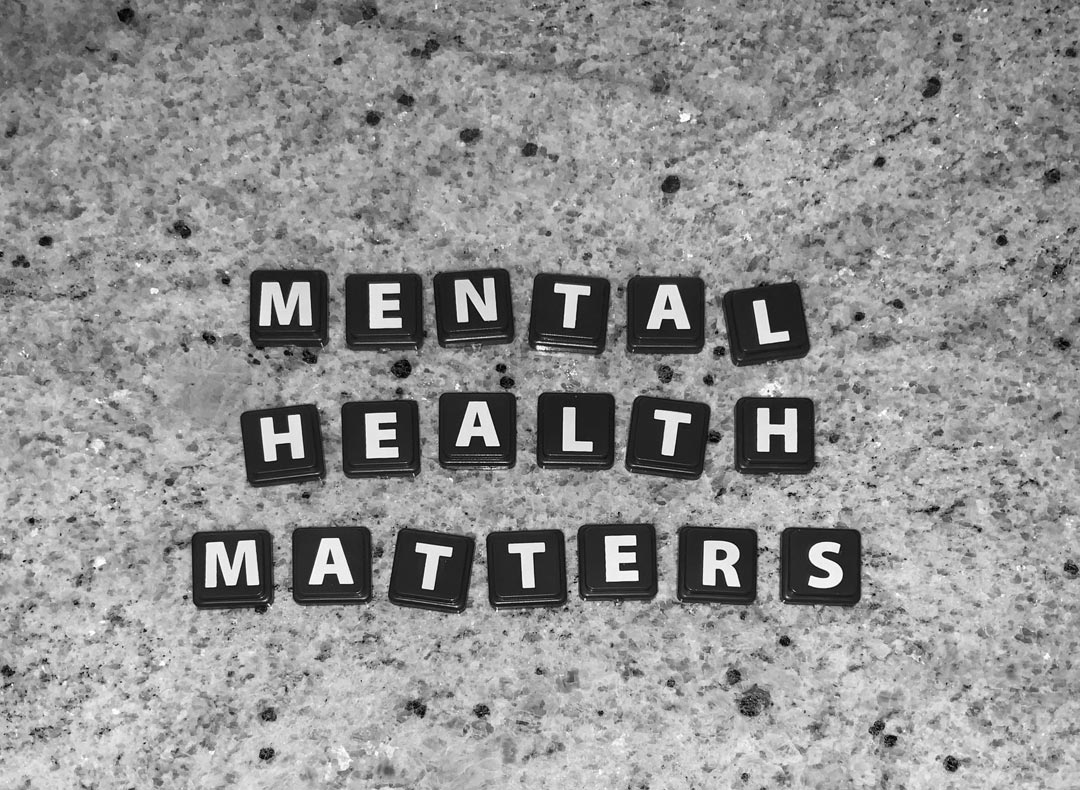Mental Health Awareness week runs from 15th to 21st May in the UK, a time to raise awareness and break the stigma surrounding mental health issues. This year’s theme is anxiety, a common mental health concern affecting millions worldwide. Anxiety disorders can be debilitating, affecting a person’s ability to function in their daily life. However, with the proper treatment and support, those with anxiety can lead healthy and fulfilling lives.

Anxiety is a natural stress response and a normal part of life. However, when anxiety overwhelms and interferes with daily activities, it may indicate an anxiety disorder. Anxiety disorders can take many forms, including but not limited to generalized anxiety disorder, social anxiety disorder, panic disorder, and specific phobias.
Anxiety symptoms can vary from person to person and may include excessive worrying, restlessness, irritability, difficulty concentrating, muscle tension, and sleep disturbances. Some people may also experience physical symptoms such as sweating, trembling, racing heart, and shortness of breath, to name a few.
If you or someone you know is experiencing anxiety symptoms affecting their everyday life, seeking help from a mental health professional should be highly encouraged. Treatment options for anxiety disorders may include medication, therapy, or a combination of both.
In addition to seeking professional help, several self-care strategies can help manage anxiety symptoms. Below are just some ways to empower yourself:
- Practice mindfulness. The act of mindfulness involves being present and fully engaged in the current moment without judgment. This can help reduce stress and improve overall well-being. You can practice mindfulness through meditation, breathing exercises, or simply focusing on your senses and surroundings.
- Connect with others. Social support is vital for mental health. Make time to connect with friends and loved ones, join a support group, or seek out a therapist or counselor if you need more structured support.
- Find a healthy outlet for stress. Everyone experiences stress, but it’s essential to find healthy ways to manage it. This could include exercise, creative hobbies, or relaxation techniques like yoga or deep breathing.
- Prioritize self-care. Taking care of yourself is essential for mental health. This means getting enough sleep, eating a balanced diet, and engaging in activities that bring you joy and fulfillment.
- Seek professional help if needed. If you’re struggling with mental health issues, don’t hesitate to seek professional help. A therapist or counselor can provide support and guidance as you navigate challenges and work towards better mental health.
Many resources are also available for those who want to learn more about mental health. Websites like MIND HK, Mind (UK), and National Alliance on Mental Illness (NAMI) provide information, support, and resources for individuals and families affected by mental illness.
In conclusion, mental health is vital to our overall well-being, and it’s time to start talking about it. By raising awareness and reducing the stigma associated with mental illness, we can help more people get the help they need and deserve. Let’s take care of our mental health and support each other on our journeys towards wellness.
If you are interested in scheduling a session with Dr Kaili Chen or have further queries, please contact us today.

